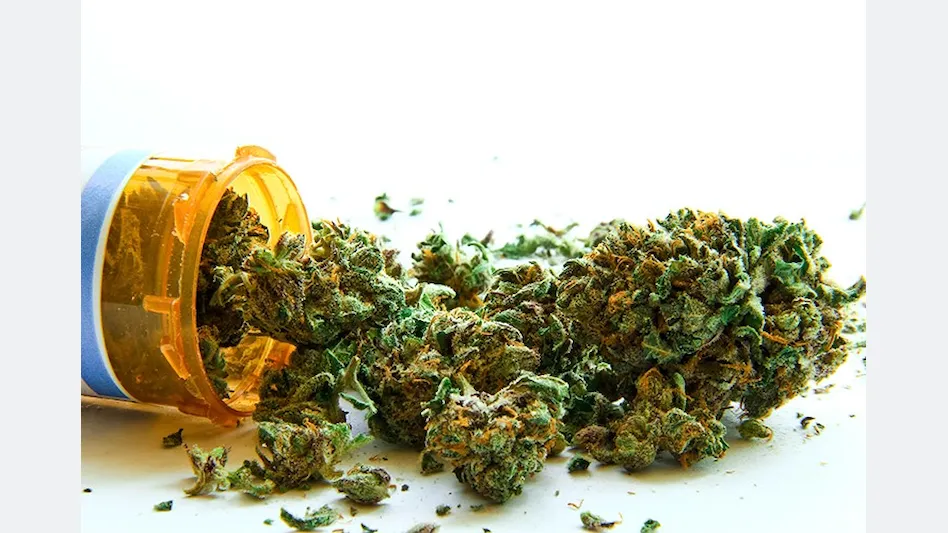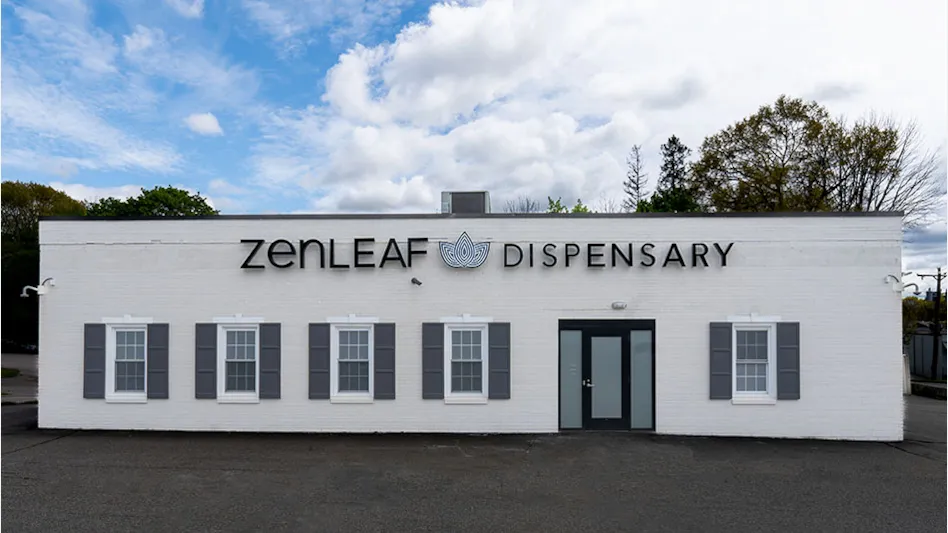
Pennsylvania is moving forward with its intent to bring medical schools and university health systems into its burgeoning medical marijuana industry. The state had included a research partnership component in its initial 2016 law legalizing medical cannabis, but only on March 16 did the Department of Health release the actual legal language behind this idea (known as “Chapter 20”).
Pennsylvania was the first state to include medical research partnership provisions in its medical marijuana program. Other states, like Colorado, have provided grant funding for research through certain public agencies (like the Colorado Department of Health and Environment).
“It was a very interesting solution to the problem, which was that they wanted to have evidence-based, science-based clinic research being done by the best research facilities, but at the time ... the research facilities were concerned about triggering federal regulatory review," Daniel Clearfield, regulatory attorney at Eckert Seamans, tells Cannabis Business Times.
Up to eight medical schools in the state will partner with growers/processors in Pennsylvania that must earn “clinical registrant” licensure from the state’s Department of Health (DOH). (In Pennsylvania, cultivation and processing licenses are issued in tandem.)
Per the regulations, medical staff from partner schools will lend expertise and resources to ensure that those registrants are performing the highest-quality research into medical marijuana. In legal parlance, those schools are known as Academic Clinical Research Centers (ACRCs); they include, for instance, the University of Pennsylvania, the University of Pittsburgh Medical Center and Lake Erie College of Osteopathic Medicine.
(Cannabis Business Times has left a message seeking comment from Laurel Harvest Labs, which has signed a partnership with Temple University.)
Because the ACRC will be merely looking over the shoulder of clinical registrants performing the actual research and are not directly involved with the studies, formal DEA approval is not needed.
Both the school and the grower/processor must sign on to a specific research project, which is to be approved by Pennsylvania’s DOH. The project must begin within six months of approval and ACRCs may partner with only one clinical registrant—with no overlap allowed. (Eckert Seamans represents a grower/processor that has partnered with an ACRC.) These clinical registrants, however, are on a separate track from the 12 grower/processor licenses already awarded in the first phase of the state’s medical marijuana program.
Furthermore, the state’s Department of Health limited the wholesaling ability of those grower/processors to only six dispensaries per registrant. According to the regulatory language, those grower/processors may also sell product to dispensaries licensed through the other seven clinical registrants, as well.
That means that a maximum of 48 dispensaries in Pennsylvania will benefit from the medical research measure.
The state law allows for a potential total of 150 commercial dispensaries statewide, on top of those 48 clinical registrant dispensaries. So far, 27 dispensaries have been licensed; 13 have opened. Just this week, the DOH announced a timeline for its second phase of medical marijuana business license applications.
"The best medicine will be made the most difficult to obtain by limiting the sales," Peter Murphy, regulated substances attorney at Eckert Seamans, says. As Pennsylvania’s medical marijuana market matures, only those dispensaries attached to a clinical registrant grower/processor will be able to tailor their inventory and marketing to patients according to the results of the research.
While medical schools in the U.S. have played a sideline role in marijuana research—mostly due to federal restrictions on the plant—the Pennsylvania program is a step toward a more formal integration between private industry and well-heeled academia. In a country where the specific science of medical marijuana is less than clear, Pennsylvania’s regulations are pushing the plant’s biology into the doctor’s office.
“The issue is: A doctor is certifying that a patient can use medical marijuana for treating a specific condition, but that doctor … is just sort of authorizing medical marijuana as a treatment,” Murphy says. “Then, currently, it’s left up to the grower-processors to decide what kinds of products they’re going to make. Well, those products might not be the best ones for certain conditions. Having a clinical registrant model, where the science and medicine and cultivation and development of products are together—it kind of closes that gap.”
Pennsylvania currently lists 17 conditions that qualify for medical marijuana use. The inherent goal of the state’s Chapter 20 program is to learn how (and which) cannabinoids influence the treatment of, say, glaucoma or sickle cell anemia—or how cannabis strains testing at a certain threshold of THC content affect the motor skills of patients. Clinical registrants in partnership with ACRCs can then use that research to tailor their genetics, cultivation methodology and processing.
“Pennsylvania, with their educational facilities, is in a powerful position to be one of the R&D capitals of this industry,” Helena Yardley, Franklin BioScience’s head of scientific research operations, told the Philadelphia Inquirer. (Franklin BioScience is partnering with the University of the Sciences.)
Top photo courtesy of Adobe Stock
Latest from Cannabis Business Times
- South Dakota Group Submits 29K Signatures for 2024 Adult-Use Cannabis Legalization Measure
- Rescheduling Would Have Saved Verano $80M in 2023 Tax Payments, CEO Says
- Aurora Marks 1st Medical Cannabis Shipment to New Zealand Market
- Where All 100 US Senators Stand on SAFER Banking Act
- Blumenauer Unveils Legislative Blueprint, Additional Administrative Action Needed Following Rescheduling
- Cannabis Rescheduling FAQ: What Now?
- From Custodian to Cultivation Supervisor
- California City in Cannabis Retail Desert Welcomes 1st Dispensary





